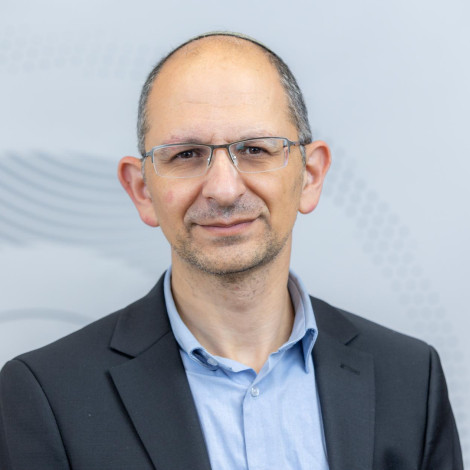
Prof. Cyrille Cohen
Research
Tumor Immunology and Immunotherapy
Our laboratory focuses on the engineering of the immune response against cancer by introducing genes of interest into T-lymphocytes.
The immune response against tumor cells has been proven crucial to the elimination of cancer. While several factors such as the tumor micro-environment or tumor-escape mechanisms are of importance, cytotoxic CD8+ T-lymphocytes are amongst the major players in the anti-tumor response. Interestingly, the sole specificity of these cells is dictated by their T-cell receptor - TCR. This molecule recognizes antigens as short peptides bound to Major Histo-Compatibility (MHC) class I molecules. Such peptides or epitopes, derived from TAA (tumor-associated antigens), have been identified in the past few years and the presence of tumor-specific MHC-peptide complexes on the surface of tumor cells may represent a unique and specific target for the immune system.
Although adoptive cell transfer (ACT) of tumor-infiltrating lymphocytes (TIL) is an effective approach for the immunotherapy of patients, it is not always possible to isolate or expand TIL that pre-exist in the patient. Therefore, we and others have recently developed TCR-gene transfer procedures to human lymphocytes as a successful therapeutic alternative.
We are interested in studying the dynamics of TCR-gene transfer in human cells and improving this process by combining molecular and structural biology as well as gene therapy approaches.
We are also exploring new ways to improve the anti-tumor response of lymphocytes by endowing them with other immune molecules that would enhance their biological activity and expansion.
Thus, we expect to answer both fundamental and translational questions related to the ability of engineering the immune system to generate long-lasting, highly functional T-cells. In turn, this could have important implications for the treatment of cancer using gene-transfer approaches.
Last Updated Date : 11/01/2026



